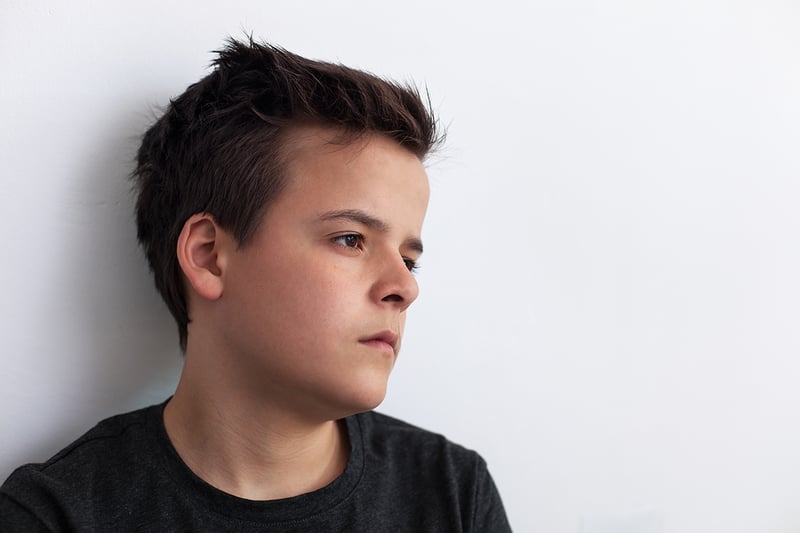Children With Specific Character Traits at Higher Risk for Substance Use

Three Character Traits for Substance Use
What if you knew back then what you know now? Had someone told you that your child's tendency toward anxiety, feelings of gloom and doom, or impulsive behaviors due to their diagnosis of ADHD could put them at risk for substance use, might you have done something differently? Preventure , a new initiative being tested around the world for early intervention, is finding that acting to equip adolescents with cognitive-behavioral tools before substance use takes hold is effective. Through a series of identification exams and workshops, 90% of high-risk children are targeted and taught the skills they need to effectively cope. For NPR , Maia Szalavitz explains that impulsiveness, hopelessness, and anxiety sensitivity are three of the four factors identified through the Preventure program. Each of these personality traits is a distinct characteristic of a specific mental health issue. Adolescents with a mental health disorder are at greater risk of developing a substance use problem. Impulsivity and ADHD are precursors to substance use as are hopelessness and depression, as well as anxiety and panic, paranoia, or other anxiety disorders.Sensation Seeking is the Final Characteristic
The last primary character trait of substance use Prevention works to identify is sensation-seeking. While sensation-seeking is not connected to other diagnoses, it raises [the substance use] risk for the obvious reason that people drawn to intense experience will probably like drugs, Szalavitz writes. Early identification and prevention helps parents and school systems to support these children emotionally, which most education systems don't do. For the Preventure program, children are not labeled with their traits but pulled into workshops to learn new skills. Cognitive-behavioral therapy skills, emotional coping skills, and more help adolescents learn to manage their emotional symptoms. When substance use develops in adolescence and continues into adulthood, these are often the same skills given during treatment after a diagnosis has been made identifying a co-occurring mental health disorder which is typically one of the three correlations. For kids with personality traits that put them at risk, learning how to manage traits that make us different and often difficult could change a trajectory that can lead to tragedy.Get Help Today
If your adolescent has struggled with substance use, there is still hope for intervening and giving them a foundation upon which they can build a new life in faith and recovery. Stonewater Adolescent Recovery Center provides residential treatment to adolescents with primary substance use issues and secondary mental health issues. We provide our residents with exceptional holistic and evidence-based treatments, which can help them overcome a range of issues. Furthermore, with our dual diagnosis treatment program, you can help your loved one manage both their substance use and mental health simultaneously. Our dual diagnosis treatment center offers programs for a variety of mental health conditions, including:
- Depression treatment program
- Anxiety treatment program
- Trauma treatment program
- ADHD treatment program
Don't let the character traits for substance use control your child's life. Get help today from the experts at Stonewater Adolescent Recovery Center. For information on how we are building life back into adolescents, call our adolescent treatment center today at 662.373.2828.

.jpg)

